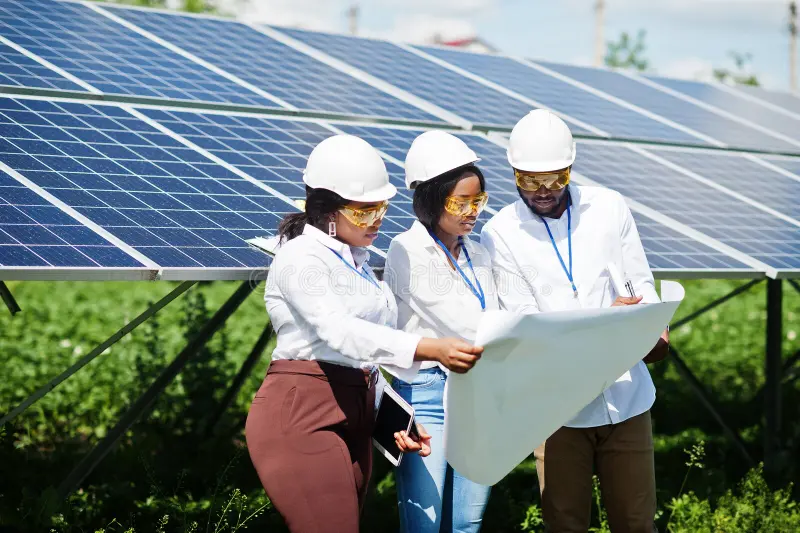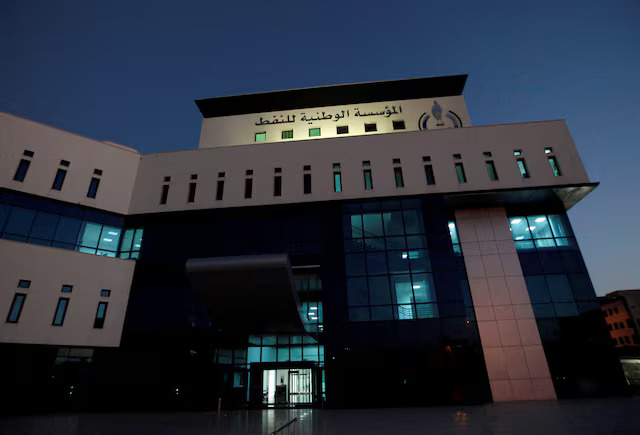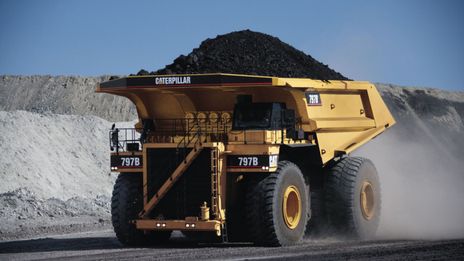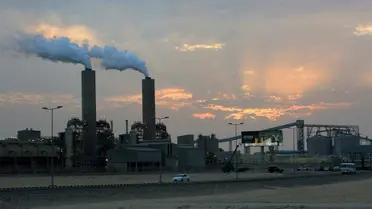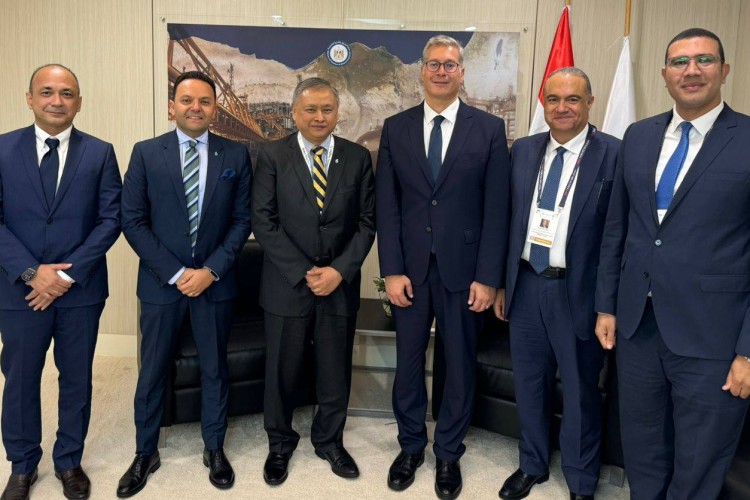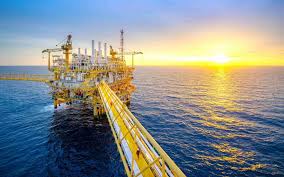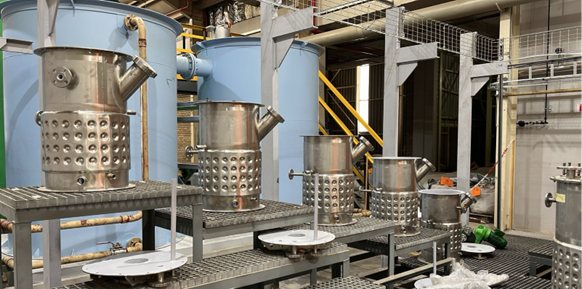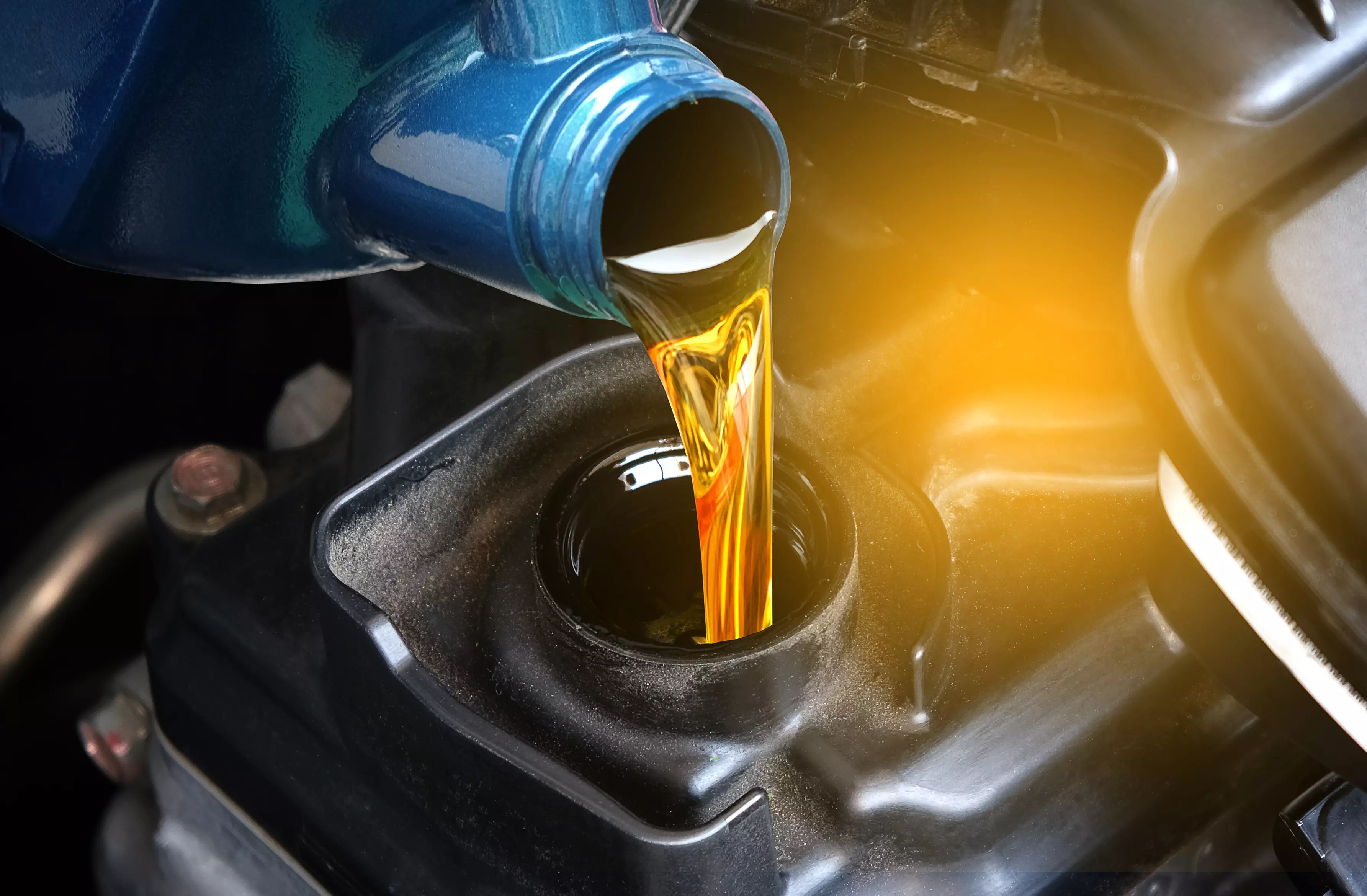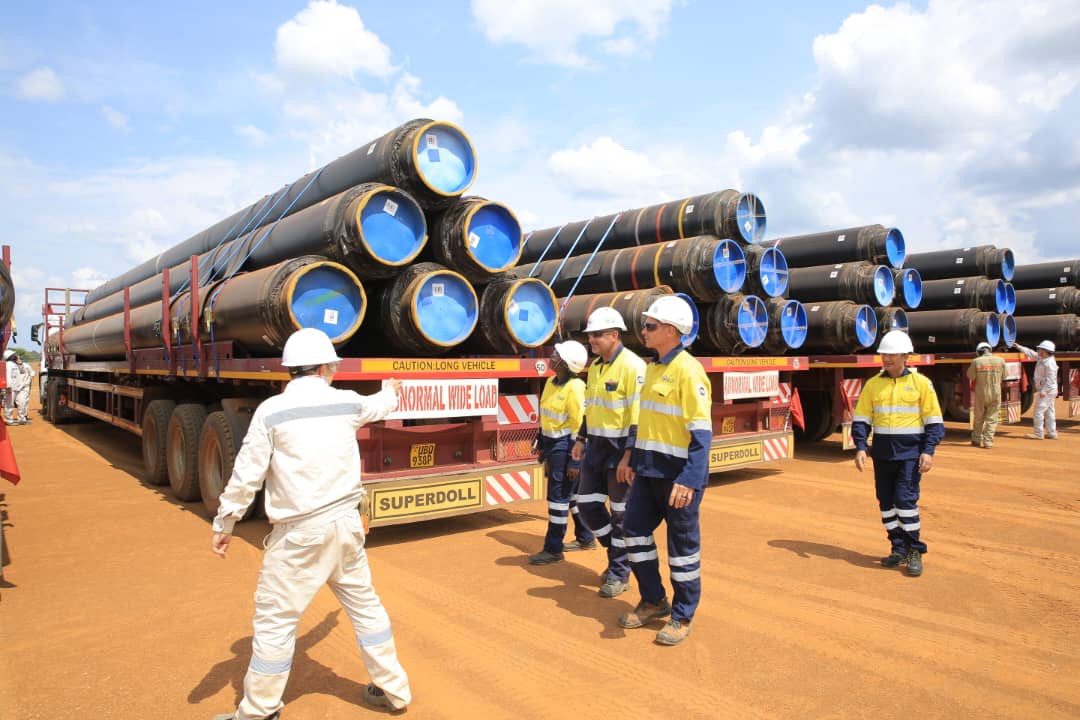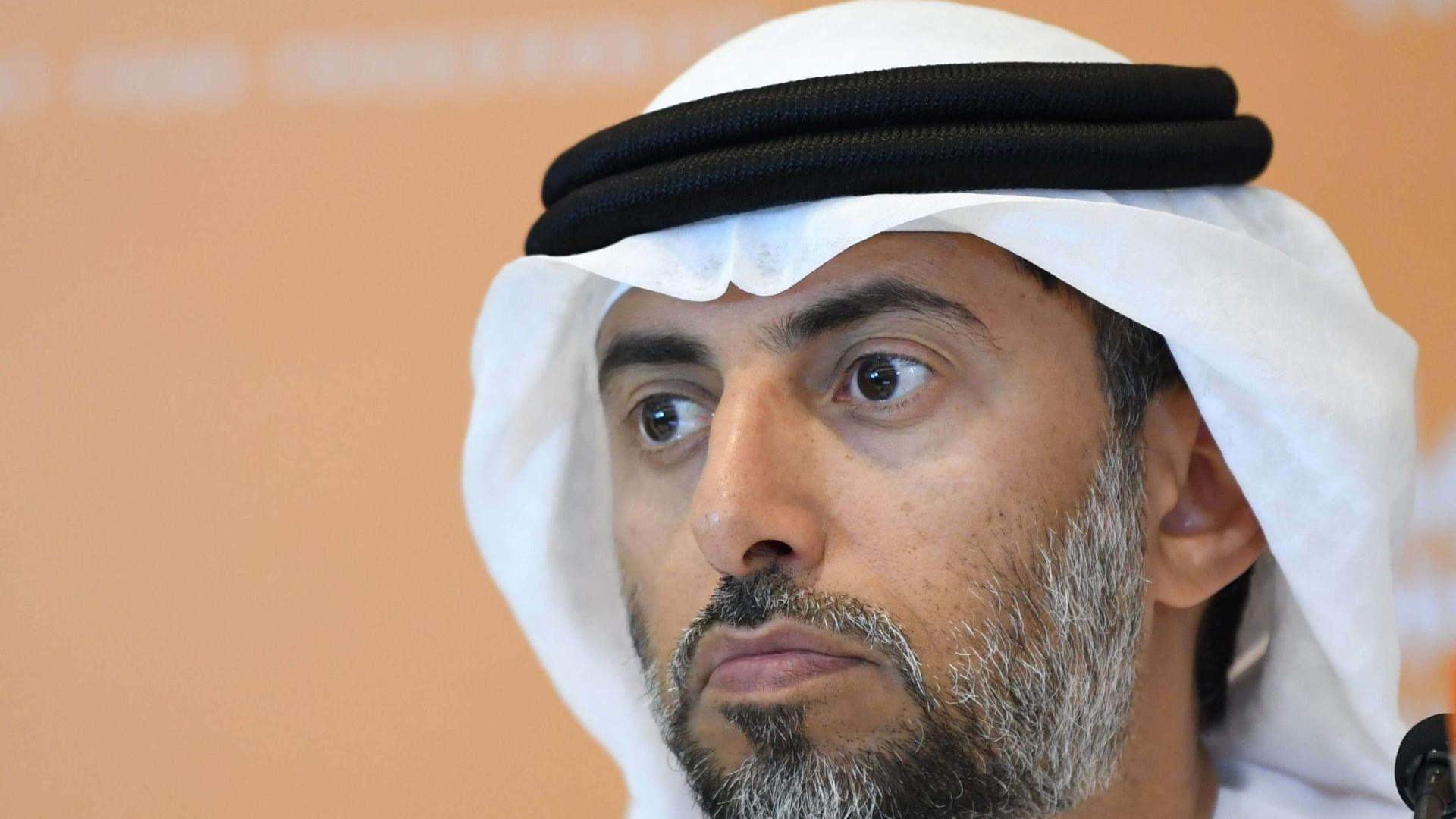Distribution

From fertiliser to minerals, GCC-Brazil ties move beyond oil
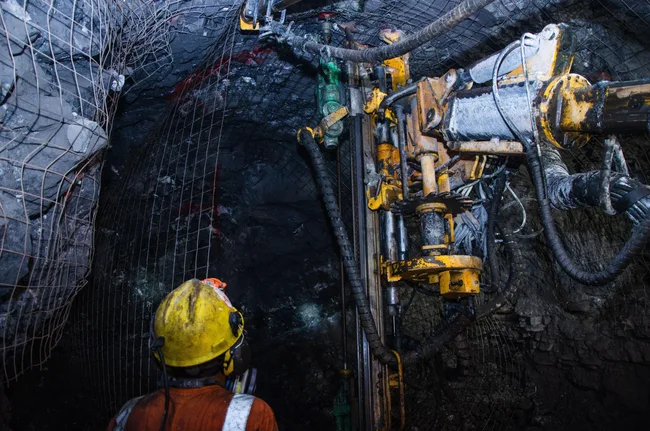
In turn, Brazil is increasing purchases of Gulf fertilisers as economic links between the countries deepen.
The Public Investment Fund-controlled mining giant Ma’aden is gearing up to open its first ever office in Sao Paulo and put $1.3 billion towards mapping the Brazilian subsoil and advancing extraction efforts, Brazil’s mining minister, Alexandre Silveira, said on January 14.
A few days earlier, in Abu Dhabi, the same minister signed a memorandum of understanding with UAE officials laying the groundwork for increased cooperation and new investment of up to $2.4 billion across the mining supply chain, from exploration to sales.
The new partnerships come as much of the world is looking for alternatives to China to source raw minerals and process them. Currently China dominates the processing sector, with 85 percent of global market share.
Uncertainty around US President Donald Trump’s choices on tariffs is also driving countries in the Middle East and elsewhere to reassess the reliability of critical-mineral procurement.
This is where Brazil enters, boasting the world’s third largest reserves of rare earth, or 21 million tonnes, located in particular in the states of Minas Gerais and Goiás.
Lithium, cobalt, nickel and copper, sought-after inputs for EV batteries, data centres and other advanced technologies, are also abundant below ground in the Latin American nation.
Luis Fernando Lopes, partner and chief economist at the alternative investment firm Patria, says the relationship between Brazil and the GCC has over the past few decades undergone a “transformational” expansion, from just oil to multiple industries, including critical minerals.
“Between the UAE and Brazil, right now total trade flows are $6 billion per year, of which only $1 billion is oil-related,” Lopes says. “What is going on here?”.
“It’s artificial intelligence, other technologies,” he says. “They demand these minerals and Brazil has the deposits, Chile has the deposits, but they need the foreign direct investment.”
In another recent tie-up from May 2024, a joint venture between Ma’aden and the PIF-backed company Manara Minerals completed the $2.5 billion acquisition of a 10 percent stake in Vale Base Metals Limited, a subsidiary of the Brazilian mining conglomerate Vale.
The UAE’s logistics and shipping behemoth DP World, which has progressively expanded operations in Brazil, said in December that it will open four new offices in the South American country in 2025, and another two in 2026.
Najad Khouri, a Brazilian economist and Middle East expert, says: “Latin America may be the last unknown and safe frontier for Arab petrodollar money: a stable economic and political region eager for long term investments and joint ventures, rich in minerals and animal and vegetable proteins and land and sweet waters.”
Agriculture and farming are other increasingly vital pillars of trade and investment flows linking GCC states and Brazil.
This is happening as the GCC makes food security a top priority amid growing global instability and Brazil contends with the loss of fertiliser imports from Russia after Moscow’s invasion of Ukraine.
Kevin Funk, a political economist and lecturer at Columbia University in New York who studies relationships between Latin America and the Middle East, says: “As South American economies tend to be very agro-dominated, these are really key components for them.
“Between Russia and Belarus, they were comprising a very high percentage of Brazilian fertiliser imports and that got displaced to a significant extent and certain countries in the Gulf and North Africa picked up some of that slack.”
Fertilisers, along with oil, have driven an average growth of nearly 18 percent annually in the value of total GCC exports to Brazil since 2019, a report from the Global Strategic Studies Institute of the Japanese conglomerate Mitsui that came out last August revealed.
In parallel, GCC imports from Brazil of poultry, beef, corn, sugar and other foods have risen an average 12 percent a year since 2019, the report found.
Perhaps surprisingly, Brazil is the world’s largest exporter of halal meat. More than 70 percent of Arab imports from Brazil in 2022, worth almost $18 billion, comprised meat, grain and other agricultural products, Funk revealed in a research paper he published last year.
Brazil’s JBS, among the world’s biggest producers of meat and poultry, is advancing this type of engagement by building a food factory in Jeddah, Saudi Arabia.
According to Funk, there remains concern in Brazil that the bilateral relationship’s heavy reliance on environmentally taxing industries such as mining and agriculture might ultimately be counterproductive with growing efforts to mitigate the effects of climate change.



